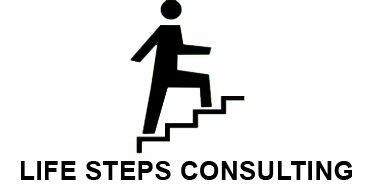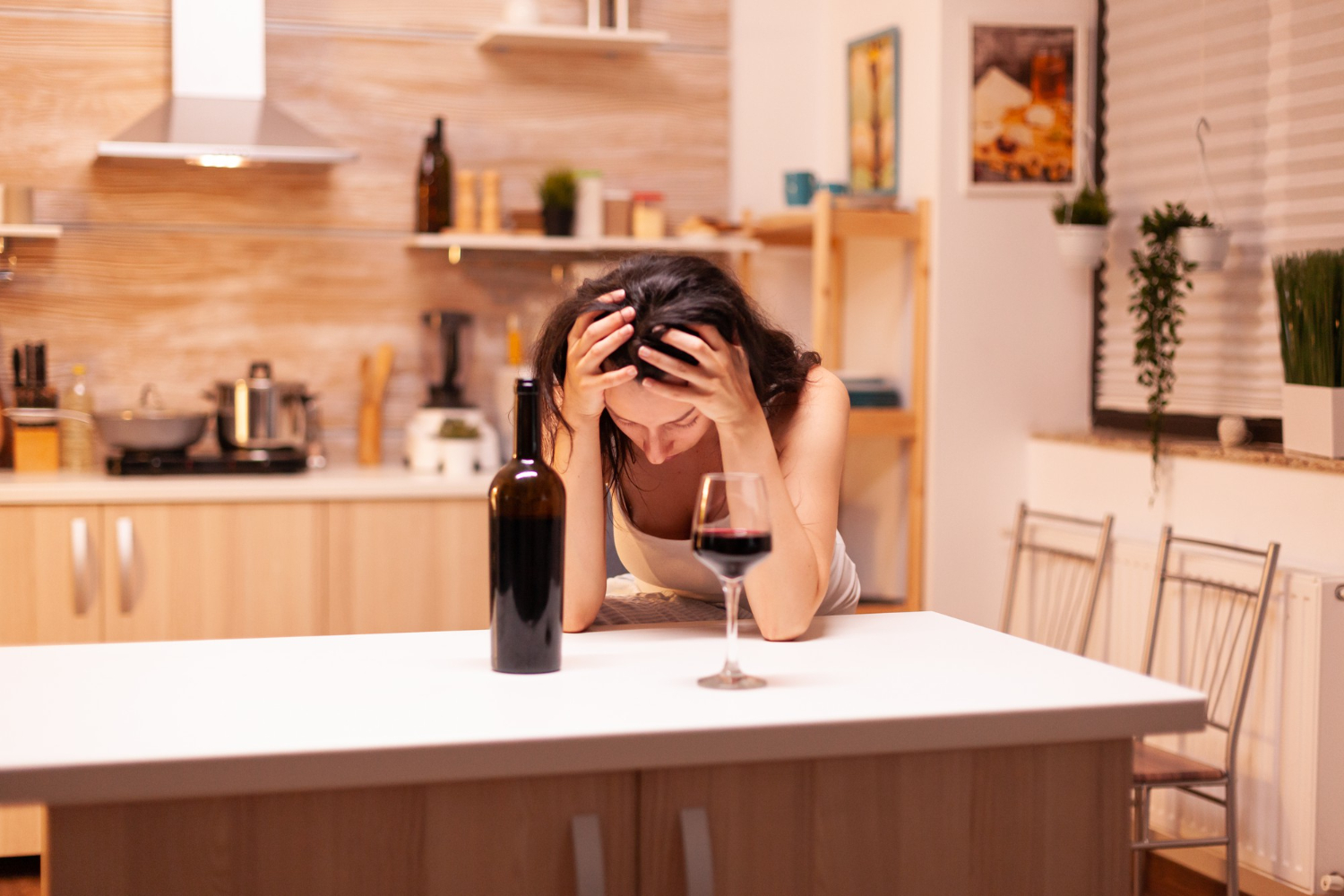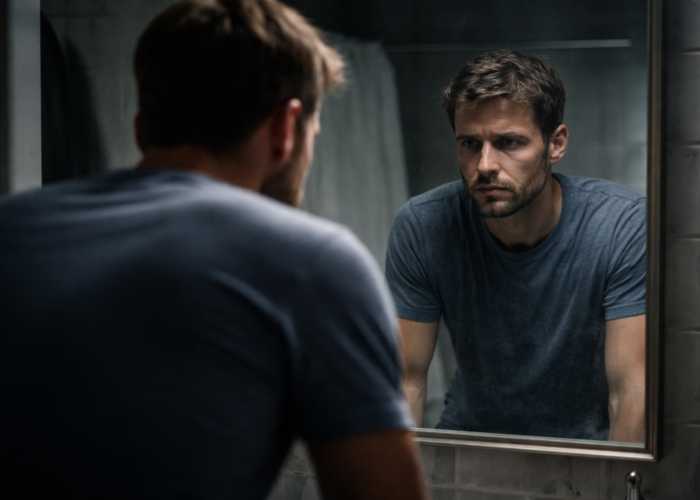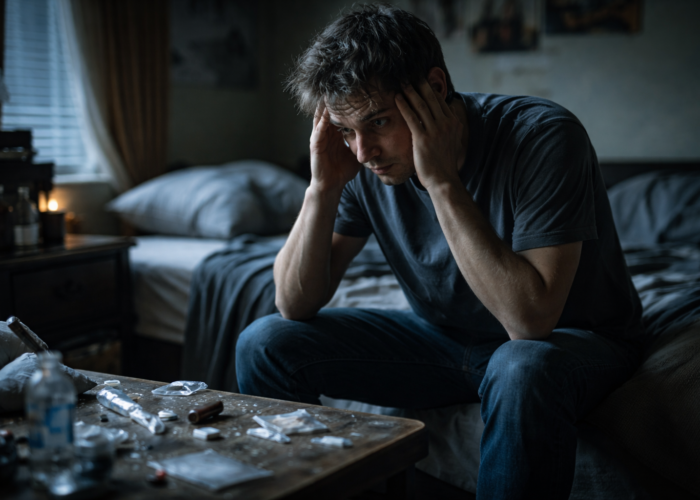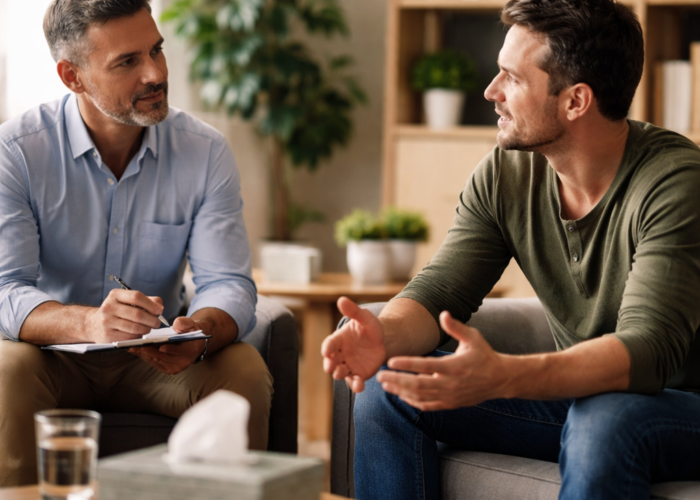Many people turn to alcohol for relaxation and stress relief. While a drink might seem to calm your nerves in the moment, the relationship between alcohol and anxiety is more complex than it appears. In fact, research shows that alcohol can actually cause anxiety, both in the short-term and the long-term.
This article explores the science behind how alcohol can cause anxiety, the risk factors involved, and alternative coping mechanisms for managing anxiety.
How Does Alcohol Affect Anxiety?
Alcohol is a depressant, which means it slows down the central nervous system. Initially, this can lead to feelings of relaxation and reduced inhibitions. However, as the alcohol wears off, the body goes into a state of rebound excitation. This can trigger a surge of stress hormones like adrenaline and cortisol, leading to increased anxiety and even panic attacks.
Here’s a deeper dive into the mechanisms at play:
- Neurotransmitter Imbalance: Alcohol disrupts the delicate balance of neurotransmitters in the brain, particularly GABA, which has calming effects. When GABA levels are depleted, anxiety symptoms can worsen. Alcohol can also affect serotonin, another neurotransmitter that plays a role in mood regulation.
- Blood Sugar Fluctuations: Alcohol consumption can cause blood sugar levels to spike and then crash. This roller coaster effect can contribute to feelings of anxiety, shakiness, and irritability.
- Disrupted Sleep: Alcohol might help you fall asleep initially, but it disrupts sleep quality throughout the night. This can lead to fragmented sleep, leaving you feeling tired and more vulnerable to anxiety the next day.
- Dehydration: Alcohol is a diuretic, meaning it increases urination and can lead to dehydration. Dehydration is a known contributor to anxiety symptoms, including fatigue, headaches, and difficulty concentrating.
Risk Factors for Alcohol-Induced Anxiety
While everyone reacts differently to alcohol, certain factors can increase the risk of experiencing anxiety after drinking:
- Pre-existing Anxiety Disorders: People with diagnosed anxiety disorders, such as generalized anxiety disorder or social anxiety disorder, are more likely to experience worsened anxiety symptoms after consuming alcohol.
- Family History of Anxiety: If you have a family history of anxiety disorders, you may be more genetically predisposed to experiencing alcohol-induced anxiety.
- Heavy Drinking: Binge drinking or excessive alcohol consumption over a long period significantly increases the risk of anxiety and other mental health problems.
- Mixing Alcohol with Medications: Certain medications, including antidepressants and anti-anxiety medications, can interact negatively with alcohol, potentially worsening anxiety symptoms.
The Rebound Effect: Hangxiety Explained
The unpleasant combination of anxiety, fatigue, and physical discomfort experienced after heavy drinking is often referred to as “hangxiety.” This is a well-documented phenomenon caused by the aforementioned factors like dehydration, blood sugar fluctuations, and neurotransmitter imbalance.
Hangxiety symptoms can include:
- Racing thoughts and worries
- Irritability and restlessness
- Difficulty concentrating
- Fatigue and low energy
- Headaches and muscle aches
- Nausea and sensitivity to light and sound
Long-Term Effects of Alcohol on Anxiety
Chronic alcohol use can have a significant negative impact on overall mental health, including anxiety. Over time, excessive alcohol consumption can disrupt brain chemistry and impair the body’s natural ability to regulate stress and emotions. This can lead to a worsening of anxiety symptoms and make it more difficult to cope with stressful situations without relying on alcohol.
Here are some of the long-term consequences of using alcohol to manage anxiety:
- Increased Tolerance and Dependence: As the body adjusts to the presence of alcohol, it may take more and more alcohol to achieve the same level of relaxation. This can lead to dependence and difficulty controlling alcohol intake.
- Mental Health Issues: Chronic alcohol use can contribute to the development of mental health problems like depression, which often co-occurs with anxiety.
- Impaired Cognitive Function: Heavy drinking can impair memory, concentration, and decision-making abilities, further impacting your well-being.
Healthy Ways to Manage Anxiety
If you find yourself using alcohol to cope with anxiety, it’s important to explore healthier alternatives. Here are some strategies that can help:
- Cognitive Behavioral Therapy (CBT): CBT is a form of psychotherapy that can help you identify and change negative thought patterns that contribute to anxiety.
- Relaxation Techniques: Techniques like deep breathing, meditation, and progressive muscle relaxation can promote feelings of calm and reduce anxiety symptoms.
- Regular Exercise: Physical activity is a powerful tool for managing stress and anxiety. Aim for at least 30 minutes of moderate-intensity exercise most days of the week.
- Healthy Sleep Habits: Prioritizing good sleep hygiene, including a consistent sleep schedule and a relaxing bedtime routine, is crucial for managing anxiety.
- Mindfulness Practices: Mindfulness meditation can help you become more aware of your thoughts and feelings without judgment. By observing your thoughts and anxieties as they arise, you can learn to detach from them and prevent them from spiraling into overwhelming emotions.
Seeking Help for Alcohol-Induced Anxiety
If you struggle with anxiety that worsens after drinking, or if you find yourself using alcohol as a coping mechanism, it’s important to remember you’re not alone. Many people experience this cycle, and seeking professional help is a crucial step towards a healthier and happier life. Here are some resources available to support you:
- Talk to Your Doctor: Your doctor is a valuable first point of contact. They can screen for anxiety disorders using standardized assessments. Discussing your drinking habits and how they impact your anxiety allows your doctor to develop a personalized treatment plan. This might involve medication to manage anxiety symptoms, a referral to a therapist or counselor for psychotherapy, or a combination of both approaches.
- Mental Health Professional: A therapist or counselor specializing in anxiety disorders can provide targeted therapy to address the root causes of your anxiety. They can employ various techniques like cognitive behavioral therapy (CBT) to help you identify and change negative thought patterns that contribute to anxiety. Additionally, therapists can teach you relaxation techniques and coping mechanisms to manage anxiety in a healthy way, reducing your reliance on alcohol.
- Support Groups: Connecting with others who understand the challenges of alcohol-induced anxiety can be incredibly empowering. Support groups provide a safe space to share experiences, gain encouragement, and learn from others who are on their own journeys towards recovery. Many online and in-person support groups cater specifically to individuals struggling with anxiety and alcohol use.
Frequently Asked Questions (FAQs) About Alcohol and Anxiety
Here are some common questions people ask about the relationship between alcohol and anxiety:
1. Can a single drink cause anxiety?
While everyone reacts differently, even a single drink can trigger anxiety symptoms in some people. This can be due to the initial depressant effect followed by a rebound surge of stress hormones or the disruption of neurotransmitters involved in mood regulation.
2. Why do I feel more anxious after drinking?
There are several reasons why you might feel more anxious after drinking. Alcohol disrupts the balance of brain chemicals like GABA and serotonin, which can worsen anxiety symptoms. Additionally, dehydration, blood sugar fluctuations, and sleep disruptions caused by alcohol all contribute to increased anxiety the next day (hangxiety).
3. Is it okay to drink alcohol if I have anxiety?
Alcohol is not a healthy coping mechanism for anxiety. While it might provide temporary relief, it ultimately worsens symptoms and creates a cycle of dependence. There are many effective and sustainable strategies for managing anxiety, such as therapy, relaxation techniques, and exercise.
4. Can anxiety medication help with alcohol-induced anxiety?
Certain medications can interact with alcohol and potentially worsen anxiety symptoms. It’s important to talk to your doctor about any medications you’re taking before consuming alcohol. They can advise you on potential interactions and alternative ways to manage your anxiety.
5. How can I stop using alcohol to cope with anxiety?
If you find yourself relying on alcohol to manage anxiety, seeking professional help is crucial. A therapist can help you identify the underlying causes of your anxiety and develop healthy coping mechanisms. There are also support groups available to connect with others who understand your struggles.
Conclusion
While alcohol may initially seem to provide a temporary escape from anxiety, it ultimately worsens symptoms and creates a cycle of dependence. Understanding the link between alcohol and anxiety is crucial for making informed choices about your well-being.
If you’re struggling with anxiety, there are many effective treatment options available. By seeking professional help and adopting healthy coping strategies, you can manage your anxiety and live a more fulfilling life.
